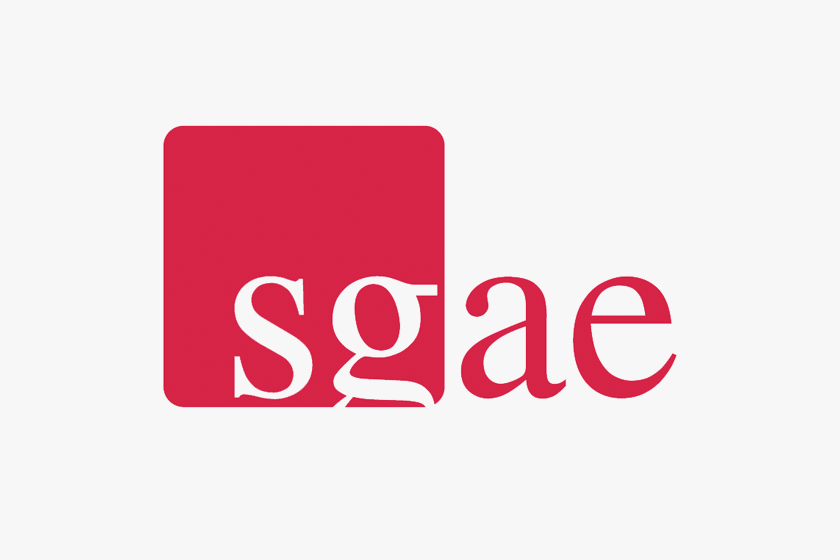SGAE press release: The Supreme Court of Spain rejects the request to compensate management entities for digital levy

The following press release is from SGAE. To view more news from the society, please click here.
- As a result of the judgement, this country remains in an illegal situation within the European Union
- The judgement requires immediate revision of the legal situation for fair compensation for private copying
The Supreme Court of Spain has dismissed the petition by authors, artists, editors and producers to be compensated for the damage caused in 2012 by the private copying model charged to the General State Budgets. Despite recognising that such a measure violates community law, the body considers that the legal requirements necessary for the State to be accountable to the rights holders have not been met.
Seven out of eight of the management entities that exist in Spain - specifically, the Performing Artists Management Society of Spain (AISGE), Performing Artists or Performers (AIE), the Management Entity for Audiovisual Rights (AGEDI), Audiovisual Media Rights (DAMA), the Management Entity for Audiovisual Producers' Rights (EGEDA), the Spanish General Society of Authors and Publishers (SGAE), and the Management Entity for Visual Artists (VEGAP) - lodged an appeal against the agreement of the Council of Ministers on October 18, 2013, that rejected the State’s financial liability by the change in the management of the digital levy regulated in the tenth additional provision of Royal Decree-Law 20/2011. In their request, they asked for financial compensation valued at 120,886,113 euros plus interest.
The previous private copying model was declared illegal by the Court of Justice of the European Union (CJEU) on June 9, 2016 and completely annulled by the Supreme Court of Spain on November 10, 2016. The judgment requires immediate revision of the legal situation for fair compensation for private copying.
For the SGAE (Spanish General Society of Authors and Publishers) and the other entities affected by the ruling, "it is incomprehensible that a government fully committed to Europe and compliance with its treaties, keeps Spain in an illegal situation within the European Union; since the private copying exception is still in force despite the fact that there is no equitable compensation system, as the directive requires". For this reason, all possible legal possibilities are being considered.
